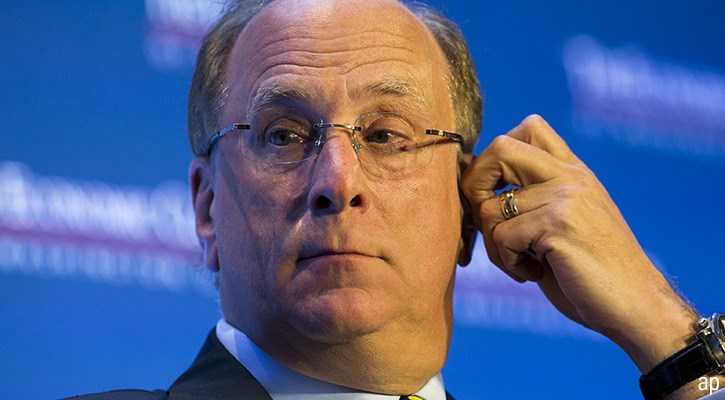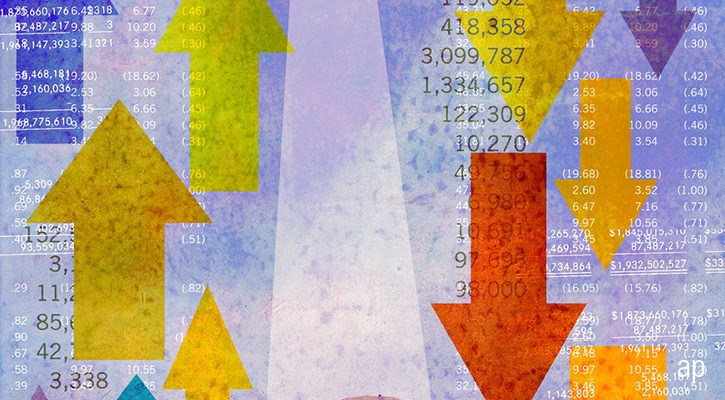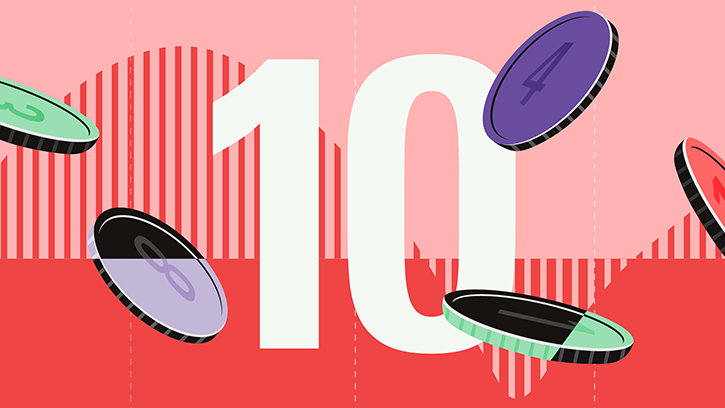
A new year always affords the opportunity to look back at a complete calendar year and see what worked and what didn’t. We have dived headfirst into Morningstar Direct to find out which previously winning funds flopped in 2021.
The funds on our list are testament to the changes that have happened around the world, and a transformation in investor behaviour, over the past two years.
This hero-to-zero list is based on two criteria. Firstly, a fund’s returns must have been in the top 5% of its category in 2020, and in 2021, the fund must be in the bottom 98% (this is because too many funds fell to the 95th percentile of their categories).
Six funds hit the criteria, and of these, four are run by Baillie Gifford. The other two are Morgan Stanley and T. Rowe Price offerings.
Baillie Gifford Japan Small Companies
Morningstar’s analysts like Baillie Gifford a lot — the investment company has one of the lowest staff turnovers in the industry, with a strong culture and low fees. Its long history serving institutional investors, closed-end presence and private ownership also facilitate its approach long-term investing.
This contributes to the Japan Small Companies’ Morningstar Quantitative Rating (MQR) of Gold. The fund holds smaller, more growth-oriented companies than its peer group, and as a result, only 2% of its holdings have an economic moat rating. The fund holds 71 stocks, and its two biggest weightings are Raksul (4384) and Jeol (6951).
Being growth-oriented means a high-risk, high-reward approach, however, which did not pay off in 2021; it fell to the hundredth percentile within its category, having previously reached the top 5% in 2020. That year, its returns were a stellar 30%, while the 2021 returns fell to a negative 14.87%. Over the past three years, its annualised returns are 2.84%.
Baillie Gifford British Smaller Companies
It’s not only smaller companies in Japan that had a complete flip-around. Baillie Gifford’s British Smaller Companies fund also took a dent and is the second of the two funds falling to the hundredth percentile in 2020. Its 2020 returns were 32.03%, equalling a top spot in the 4th percentile. But it’s not all doom and gloom. The fund still managed a positive 2021 with 5.26% returns. It’s three-year annual return is also in the double digits, at 12.94%.
The smaller companies fund has a Bronze MQR and compared to its peers it is overweight healthcare and technology, and underweight industrials and financial services. Just like the Japan fund, growth stocks are a big priority, while moated stocks are not. And, its low-yield tilt does contribute to more downside risk in favour of the growth potential. Its biggest holdings are YouGov (YOU) and Genus (GNS), and the portfolio consists of 61 stocks in total.
Morgan Stanley US Advantage
Moving on to one of two America funds on our Hero to Zero list (and one of the two non-Baillie Gifford funds) we have Morgan Stanley US Advantage.
It secured a spot in the top 5% in 2020 but fell to 99th last year as its returns fell from a solid 68.11% to -3.76%. Over half of the fund’s portfolio consists of technology stocks, the biggest being Shopify (SHOP) and Snowflake (SNOW). That differentiates it from its peers, which tend to favour stocks like Apple, Microsoft or Tesla (none of which the fund holds). This worked to the fund’s advantage in 2020, when its stock picking resulted in a significant benchmark outperformance. Moreover, over half of the portfolio has a moat rating.
Despite volatility leading to a disappointing 2021, the fund is highly regarded by Morningstar’s analysts. Its F share class is Gold-rated due to a strong team, thoughtful investment culture and effective approach. The annualised three-year return is a comfortable 18.43%.
T. Rowe Price Japan Equity
This Silver-rated Japan fund is another option highlighted by Morningstar analysts, who say it is one of the strongest alternatives for growth-oriented Japan equities. Around three quarters of the portfolio is invested in companies that achieve and sustain above-average, long-term earnings and cash flow growth – a heavily growth oriented approach.
The fund ranked in the fourth percentile in 2020, with a return of 32.27%, but placed 99th last year, losing 10.11%. Its historical outperformance versus the benchmark has been aided by being underweight financials, and a reliance on strong stock selection (which has paid off in industrials, healthcare and technology). Of its 64 stocks, Keyence (6861) and Hoshizaki (6465) are on top. Its three-year average return is 10.03%.
Baillie Gifford American
Back to the Baillie Gifford funds! Its American fund was in the top 1% in 2020, and for good reason. The fund’s returns more than doubled over the course of that year, ending at 121.76%. Unsurprisingly, that was a hard act to follow in 2021. The fund lost 2.71%. However, of all the funds, it has the best three-year average return by a solid margin, at 30.25%.
Like the Morgan Stanley fund, Baillie Gifford American has a significant allocation to Shopify, but is also a big holder of Tesla (TSLA). About 40% of its portfolio has a moat rating and its biggest categories are technology, consumer cyclical and healthcare. As the fund, which has a Gold MQR, is not purely US focused, it also holds about 9% in Canadian stocks.
Baillie Gifford Managed
Finally, the sixth fund on our list is Baillie Gifford Managed. It has also received an MQR of Gold, was also in the top 1% of its category, and also fell to 98th place last year. Its 2020 returns reached 33.87%, and even in 2021, returns were still positive at 4.34%, but most funds in its category significantly outperformed it. Over the past three years, its annualised return is 15.29%.
Compared to its peers, the fund has a similar weighting of fixed income and equity: a 16% to 71% fixed income to equity composition.
Its stock exposure is higher in consumer cyclical, communication and industrials, and is underweight real estate, energy and healthcare. It is also underweight moated stocks; the category average is around 40% and the fund has only allocated about 26% of its portfolio to narrow and wide-moat companies. The fund holds an impressive 203 stocks, 134 bonds and 109 other holdings. Only 12% of its assets sit in the top 10 holdings. Indeed, its biggest stock Shopify only accounts for 1.59% of the portfolio.





























